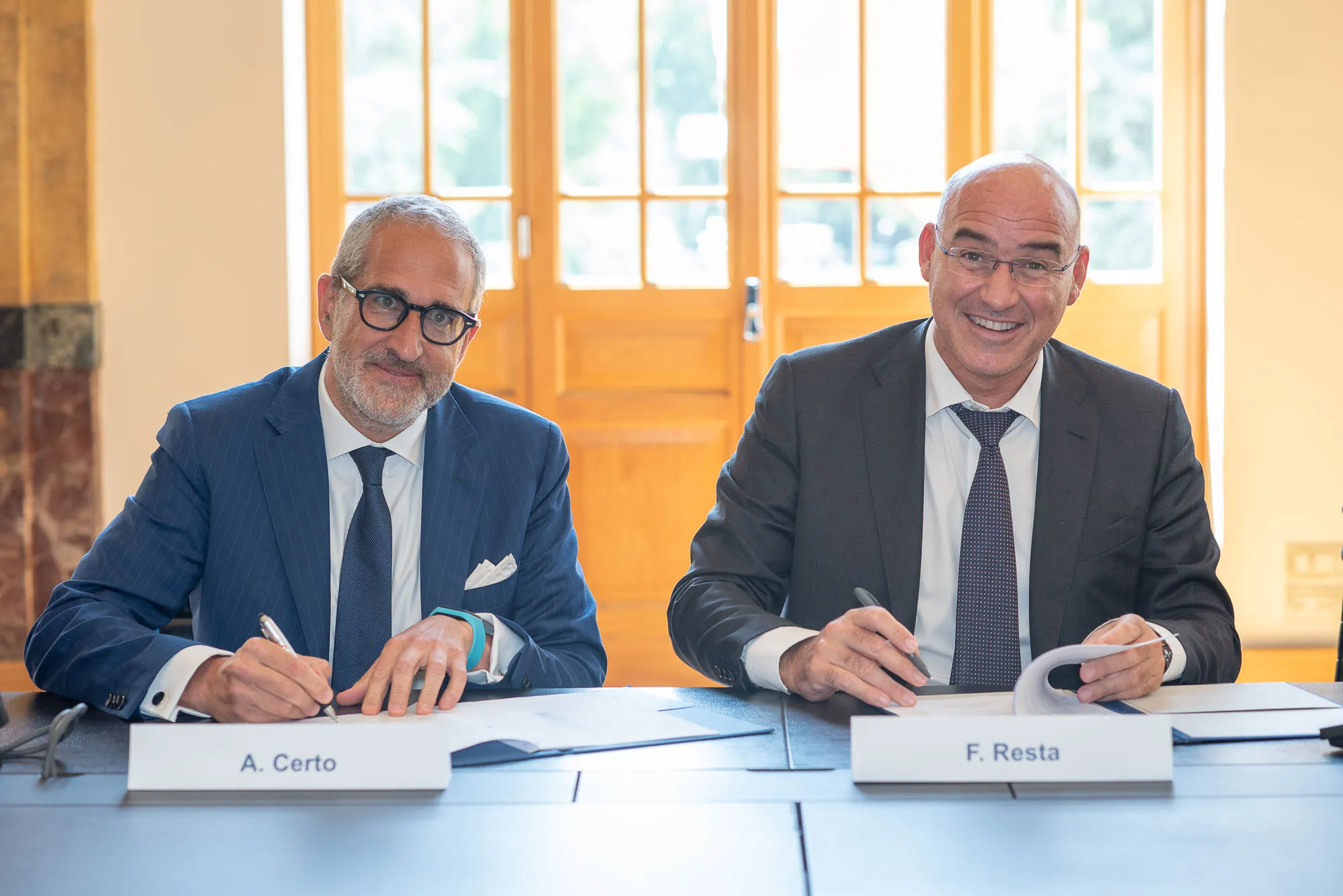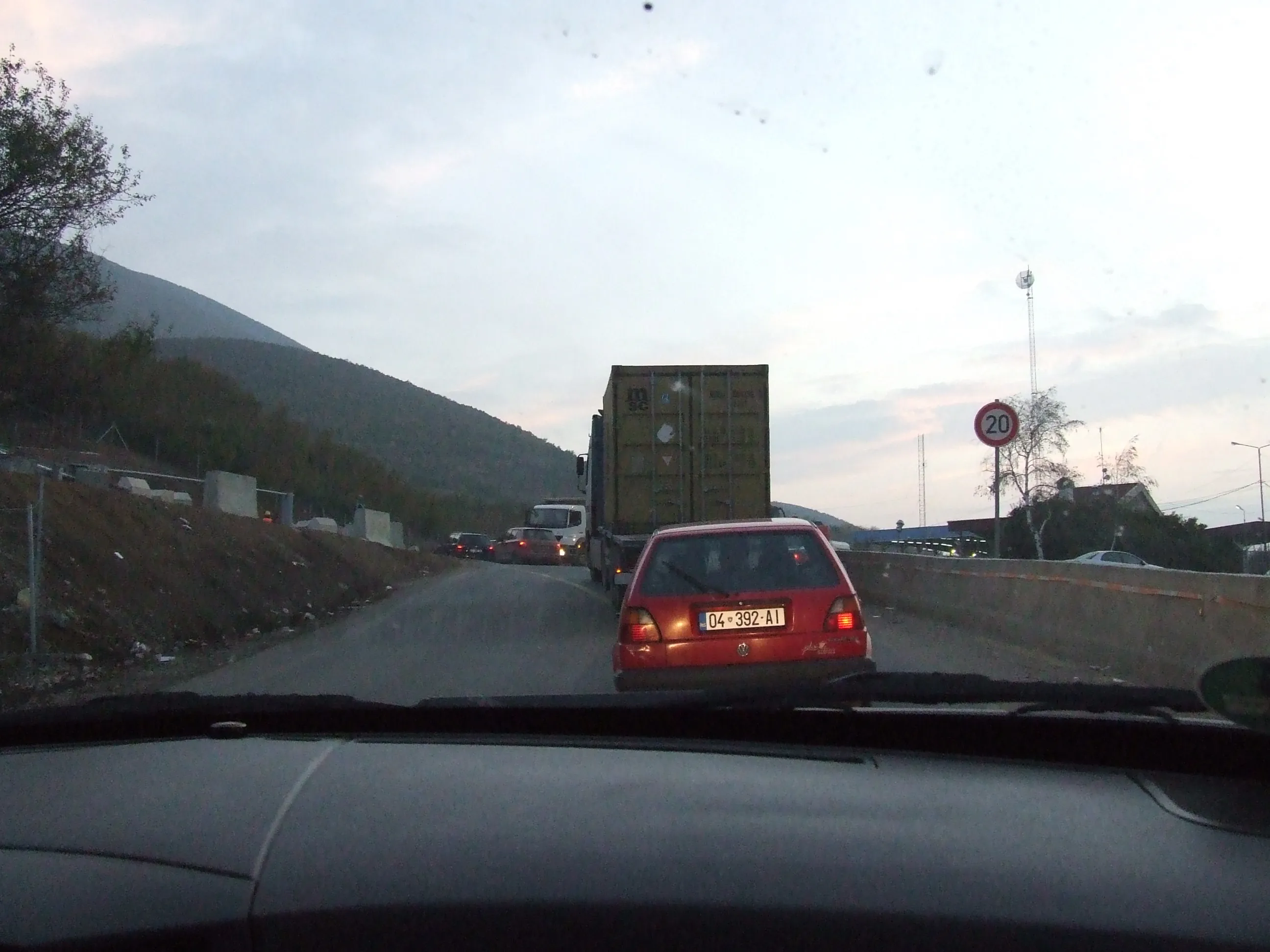
This alliance brings together two areas of excellence to help the potential of the Italian industry and academic world to emerge on an international level. CONTROLS operates in 121 countries all over the world and is in constant contact with the main stakeholders in the sector worldwide.
The partnership includes some key features. CONTROLS will be sponsoring a course focusing solely on experimentation with materials and structures in the Civil Engineering sector. CONTROLS will donate equipment suitable for developing experimental material characterization techniques, optimising drive systems as well as analysing and engineering test systems. There will be a promotion of test activities aimed at developing a universal hi-tech controller for dynamic testing machines for building materials.









